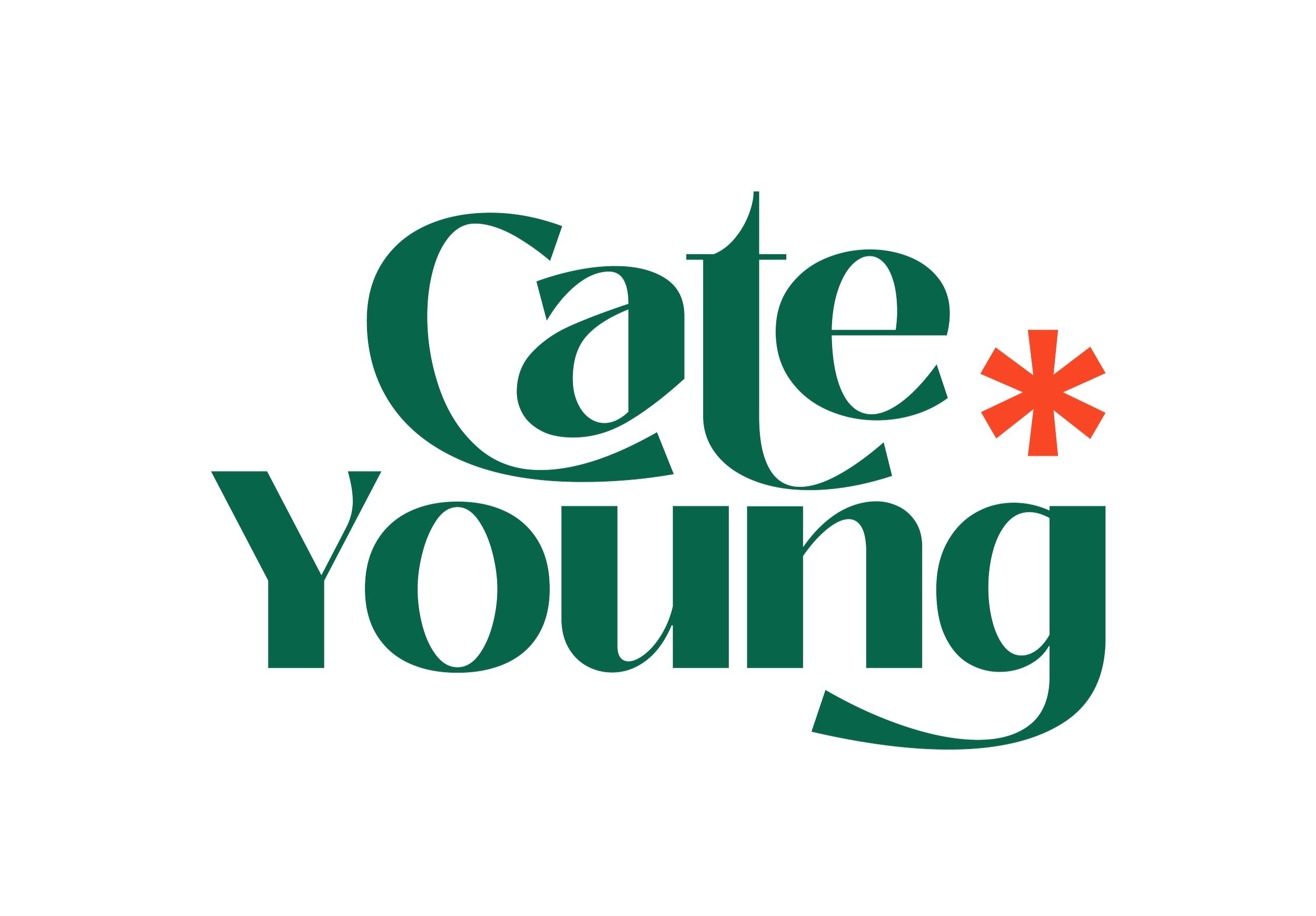In “Hereditary” Terror Is In The Bones
What do we inherit from family? What legacies manifest in us without our permission? How do we keep our wits about is when all that is left behind for us is chaos, confusion and fear? Demons and boogeymen stalk the men, but it is generational trauma that is the Big Bad for a new generation.
How do you convince someone that you aren’t crazy? And how do you know for sure that you aren’t, when mental illness runs deep through the branches of your family tree? In Ari Aster’s Hereditary, the supernatural terror of a family’s legacy undercuts its protagonists waning grasp on sanity, making for a truly dread-filled film that will haunt you as deeply as it haunts its characters.
Similar in tone to 2015’s The Witch, Hereditary focuses on the unravelling of a family after the death of its mentally ill and intensely secretive matriarch. Annie Graham (Toni Colette) is swimming in the terror of her mental decline, while trying to come to terms with her fractured relationship with her children and her dead mother. But soon, tragedy strike again, and her daughter Charlie (Milly Shapiro) is killed soon after in a freak accident involving her son Peter (Alex Wolff). What follows is a plodding journey through Annie’s reconciliation of her mother’s life, and the spirits that haunt what remains of her family.
Annie works as an artist who renders the world in miniature. She creates elaborate scale models of the events of her life, including the traumas, literally minimizing the problems she faces. But the problem of the film is external and beyond her control. There’s nothing she can do to protect her family from the demon that stalks them. There is no amount of intricate detail or painted replication that reduce the size of the trauma to come.
What makes this film so terrifying is the overbearing sense of dread. For much of the runtime it’s unclear if Annie is losing her mind, sleepwalking as she used to and causing chaos for her son and husband. In the wake of Charlie’s death, her relationship with Peter is especially strained; she resents the child she originally tried to abort (though she loves him fiercely now) and he holds her at arms length following a childhood incident in which she almost set them both on fire while sleepwalking. As she laments during a tense dinner scene, Charlie’s death does nothing to bring them together. Instead it pushes them farther apart.
For the Grahams it’s the secrets that bind them. Annie’s desperate attempt to rid herself of the demon she thinks her new friend Joan (Ann Dowd) has wrought results in the death of her husband (Gabriel Byrne) and her own possession. Her secretive mother reigned supreme over a death cult that worshiped a demon; her demise means Paimon needs a new host, preferably male. Peter is the target.
The film’s ending is all the more terrifying for the confusion it brings. Little is made clear except for the fact that Annie’s fears were justified. Her subconscious fears never surfaced in time to protect her children. The family has been terrorized out of existence.
Annie’s trauma anchors much of the film because it is the easiest thing to hold onto. Her seeming descent into madness feels earned. The events of the last few (weeks? months?) are sufficiently jarring to engender sympathy and concern. Perhaps it is her mother’s DID manifesting in a new generation? But with few jump scares and a tantalizing score, it is Colette’s performance that does the bulk of the work to ratchet up the suspense. Her terror feels real and practiced and authentic. Her reactions feel justifiable. It makes it all the more upsetting that Annie’s efforts were for naught.
What do we inherit from family? What legacies manifest in us without our permission? How do we keep our wits about is when all that is left behind for us is chaos, confusion and fear? Demons and boogeymen stalk the men, but it is generational trauma that is the Big Bad for a new generation. Excavating those demons takes work, but not all of us are up to the task.

